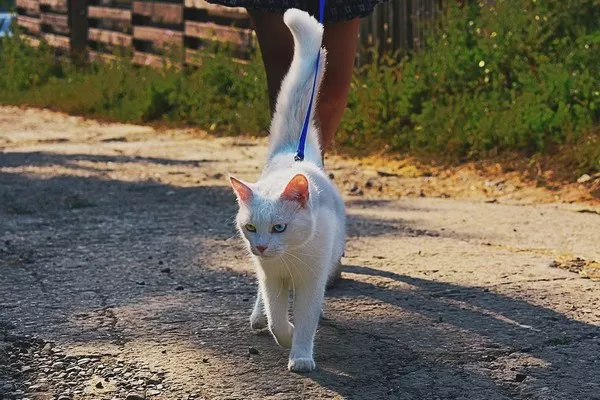The American Cocker Spaniel, with its soulful eyes and luxuriously feathered coat, is a beloved breed known for its cheerful disposition and eagerness to please. Often described as playful, gentle, and affectionate, these dogs make wonderful family companions. However, when considering a dog for your home, the question of protectiveness often arises. So, are American Cocker Spaniels protective?
The answer, like many things concerning canine behavior, is nuanced. While American Cocker Spaniels are not inherently guard dogs, their devotion to their families can manifest in protective behaviors under certain circumstances.
Understanding the Nuances of “Protective” Behavior
It’s crucial to differentiate between various types of protective behaviors in dogs. Some breeds, like German Shepherds or Doberman Pinschers, are naturally predisposed to guarding their territory and family. They exhibit territorial barking, suspiciousness of strangers, and may even display aggression if they perceive a threat.
American Cocker Spaniels, on the other hand, are not typically known for such overt guarding instincts. Their primary response to strangers is more likely to be enthusiastic greeting than wary suspicion. However, this doesn’t mean they are incapable of protective behaviors.
The Protective Potential of American Cocker Spaniels:
Several factors can contribute to an American Cocker Spaniel exhibiting protective behaviors:
Strong bond with their family: These dogs form deep attachments with their human companions. If they sense their family is in danger, they may react protectively, even if it means overcoming their usual gentle nature.
Perceived threat: If an American Cocker Spaniel feels threatened or witnesses their family being threatened, they may bark, growl, or even attempt to intervene physically. This reaction is often driven by fear or anxiety rather than an innate guarding instinct.
Individual personality: Just like humans, dogs have unique personalities. While some American Cocker Spaniels may be naturally more timid, others may be bolder and more prone to react defensively in perceived threatening situations.
Socialization and training: Early socialization plays a crucial role in shaping a dog’s behavior. Exposing American Cocker Spaniels to various people, animals, and situations from a young age can help them develop confidence and learn appropriate responses to different stimuli. Additionally, training can help manage and direct their protective instincts in a positive way.
Important Considerations:
While a protective dog may seem desirable, it’s important to understand the potential downsides:
Misdirected aggression: If not properly socialized and trained, an American Cocker Spaniel’s protective instincts may lead to aggression towards strangers or other dogs, even in non-threatening situations.
See Also:The Ideal American Cocker Spaniel Weight: A Comprehensive Guide
Fear-based behavior: Protective behaviors rooted in fear can be unpredictable and difficult to manage. It’s crucial to address the underlying anxiety to prevent escalation of such reactions.
Liability concerns: If your American Cocker Spaniel displays aggressive behavior, you could be held liable for any injuries or damages they cause.
Promoting Positive Protective Behaviors:
Instead of focusing on fostering aggression, responsible dog owners should aim to cultivate controlled and appropriate protective behaviors in their American Cocker Spaniels. This can be achieved through:
Extensive socialization: Expose your dog to different people, animals, and environments from a young age. This helps them learn to differentiate between real threats and harmless situations.
Positive reinforcement training: Reward calm and confident behavior around strangers and in unfamiliar situations. This reinforces positive associations and discourages fear-based reactions.
Teaching basic obedience commands: Commands like “sit,” “stay,” and “leave it” can help you maintain control of your dog in potentially stressful situations.
Seeking professional help: If your American Cocker Spaniel displays concerning behaviors, consult a certified dog trainer or behaviorist. They can help identify the root cause of the behavior and develop a customized training plan.
Remember: American Cocker Spaniels are primarily companion dogs. While they may exhibit protective behaviors, they are not inherently guard dogs. Responsible ownership involves understanding their limitations and providing proper socialization and training to ensure their protective instincts manifest in a safe and controlled manner.
Related Topics:
Are American Cocker Spaniels Aggressive?
American Cocker Spaniels: Shedding Patterns and Management
How Long Do American Cocker Spaniels Live?






















